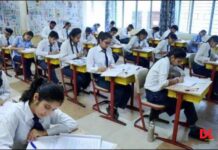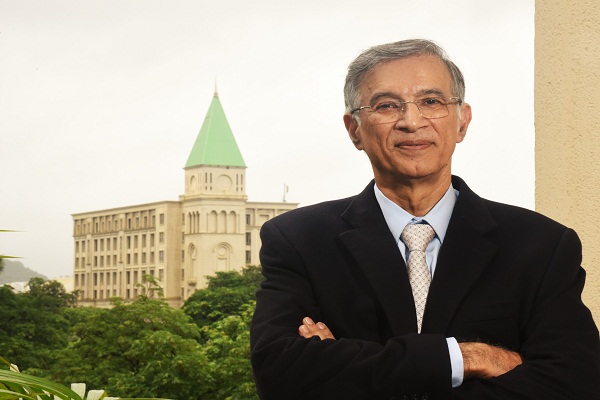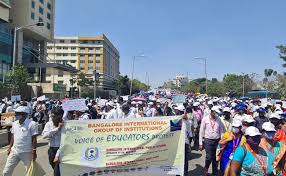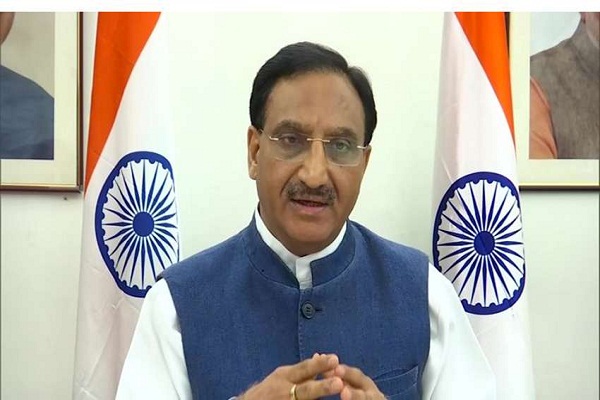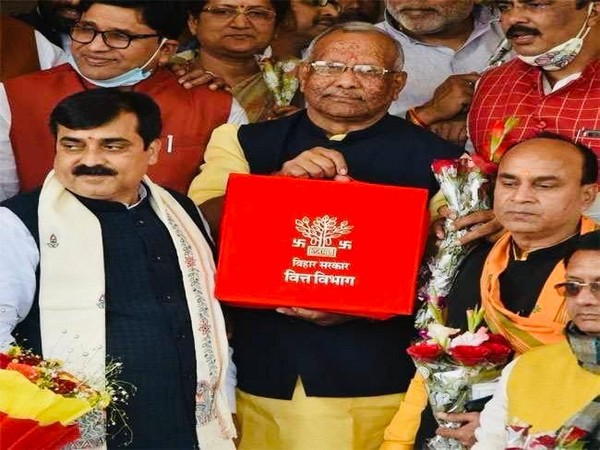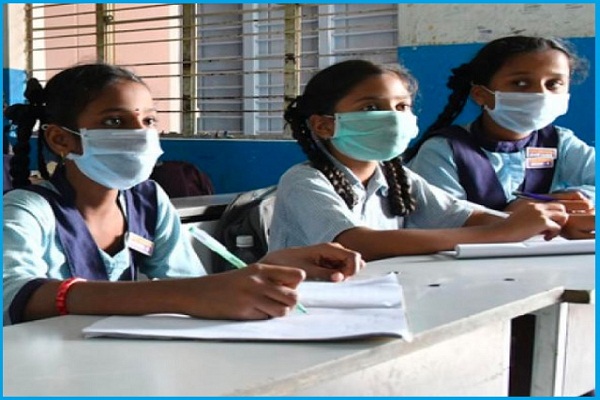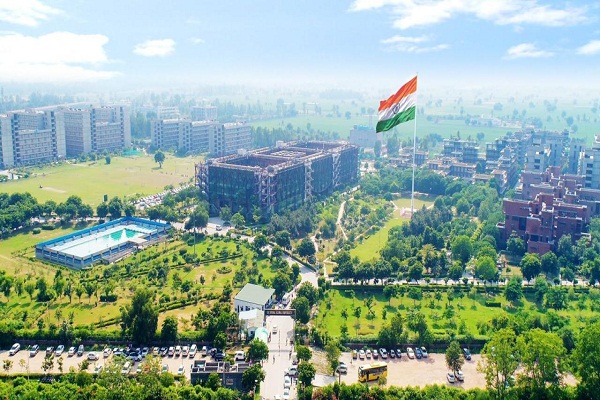The Delhi government issued guidelines for its schools to rank students up to the eighth grade, excluding offline exams and instead requiring that they grade students on projects and assignments.
The Directorate of Education (DoE) guidelines have been issued to government-run and supported schools for evaluation for the 2020-2021 academic session where schools were closed due to the COVID-19 pandemic and all teaching activities and learning took place online.
The DoE has also made it clear that students currently enrolled through the eighth grade must be promoted to the next grade. However, the objective of the evaluation is to understand the impact of the alternative learning approach that had to be applied in the circumstances of this year. Additionally, data evaluation also helps determine course content and learning strategies for the next session.
According to government officials, private schools will create their own schedules and terms themselves.
“As there was no classroom teaching and learning at the elementary and intermediate levels, the formal nature of the paper-to-paper assessment is replaced by a thematic assessment of projects and assignments for grades 3-8, the DoE said in a command official.
Also read: DoE asks Delhi schools to teach students on green Diwali
According to the guidelines, 30 points are awarded for grades 3-5 for worksheet-based assessment, 30 for homework assigned during winter break, and 40 for assignments and projects provided March 1-15.
Additionally, grades 6-8 receive 20 points for worksheet assessment, 30 for assignments turned in during winter break, and 50 for assignments and projects available March 1-15.
The board examinations for Classes 10 and 12 will be conducted from May 4. The students of Classes 9 and 11 will have offline exams in accordance with the schedule decided by the schools.

